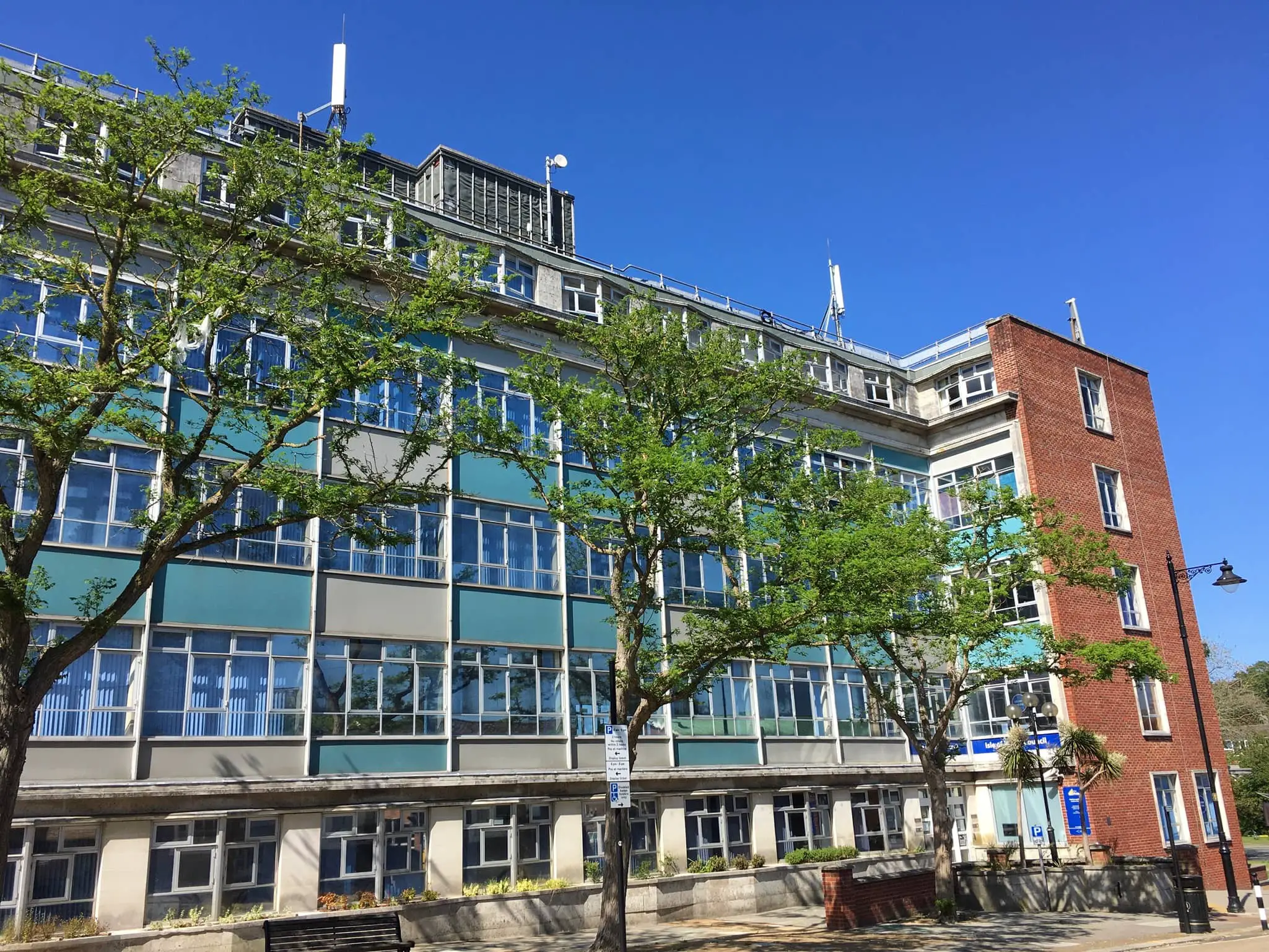The Isle of Wight council could be left with just £2 million to spend before it hits serious financial trouble, it has been revealed, as the anticipated budget approaches.
With the cost of living crisis continuing and added inflationary pressures, the authority is facing a challenge to balance its budget — which has a £22 million funding gap.
Five per cent council tax increase
The council has anticipated raising council tax by five per cent to increase its income and cover areas where there are financial challenges.
Any less of an increase, the authority has said, would mean even deeper cuts to services.
Through various sources and funds, the gap can shrink to £10.4 million, but further action needs to be taken before the council can approve it in February.
Some money held in reserves may need to be used
In an update given to the authority’s corporate scrutiny committee yesterday (Tuesday), the council’s director of finances, Chris Ward said he believed the council can deliver a balanced budget, but it may have to rely on its saving reserves to do so.
Doing so, he said, would reduce the council’s financial resilience as it may not be able to address known or unknown risks in the future.
Currently, the council has £12 million in its reserves, but would be reduced to £9 million — with the £3 million being used to offset some of the cost pressures.
Increase in ‘savings’
The authority must maintain at least £7 million in its reserves before intervention has to be taken — meaning if the reserves were to be reduced there would only be £2 million available should something happen.
To mitigate the risk, Mr Ward has advised the council make £3 million of savings (cuts), instead of £2 million, in the next year.
Threat of a Section 114 notice
If the council were to dip below the £7 million reserves level, Mr Ward would have to serve the authority a Section 114 notice meaning it bans all new spending with the exception of protecting vulnerable people, statutory services and pre-existing commitments.
Mr Ward has also warned the authority would have to mitigate and ration the money services have asked for to meet the additional cost pressures.
Overall, services have requested more money than is available, nearly double the amount.
This article is from the BBC’s LDRS (Local Democracy Reporter Service) scheme, which News OnTheWight is taking part in. Some alterations and additions may have been made by OnTheWight. Ed





